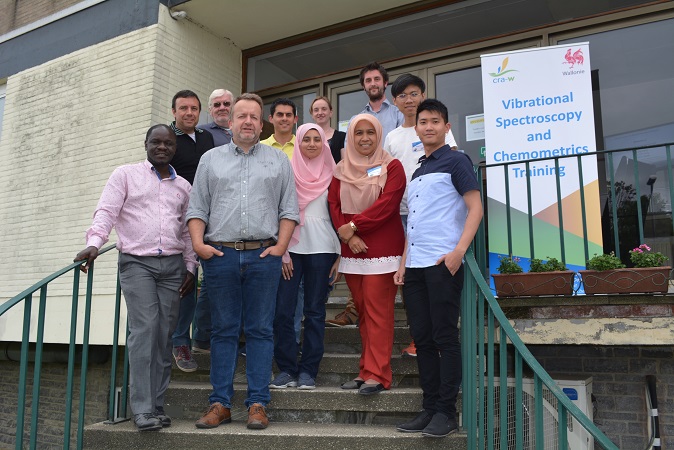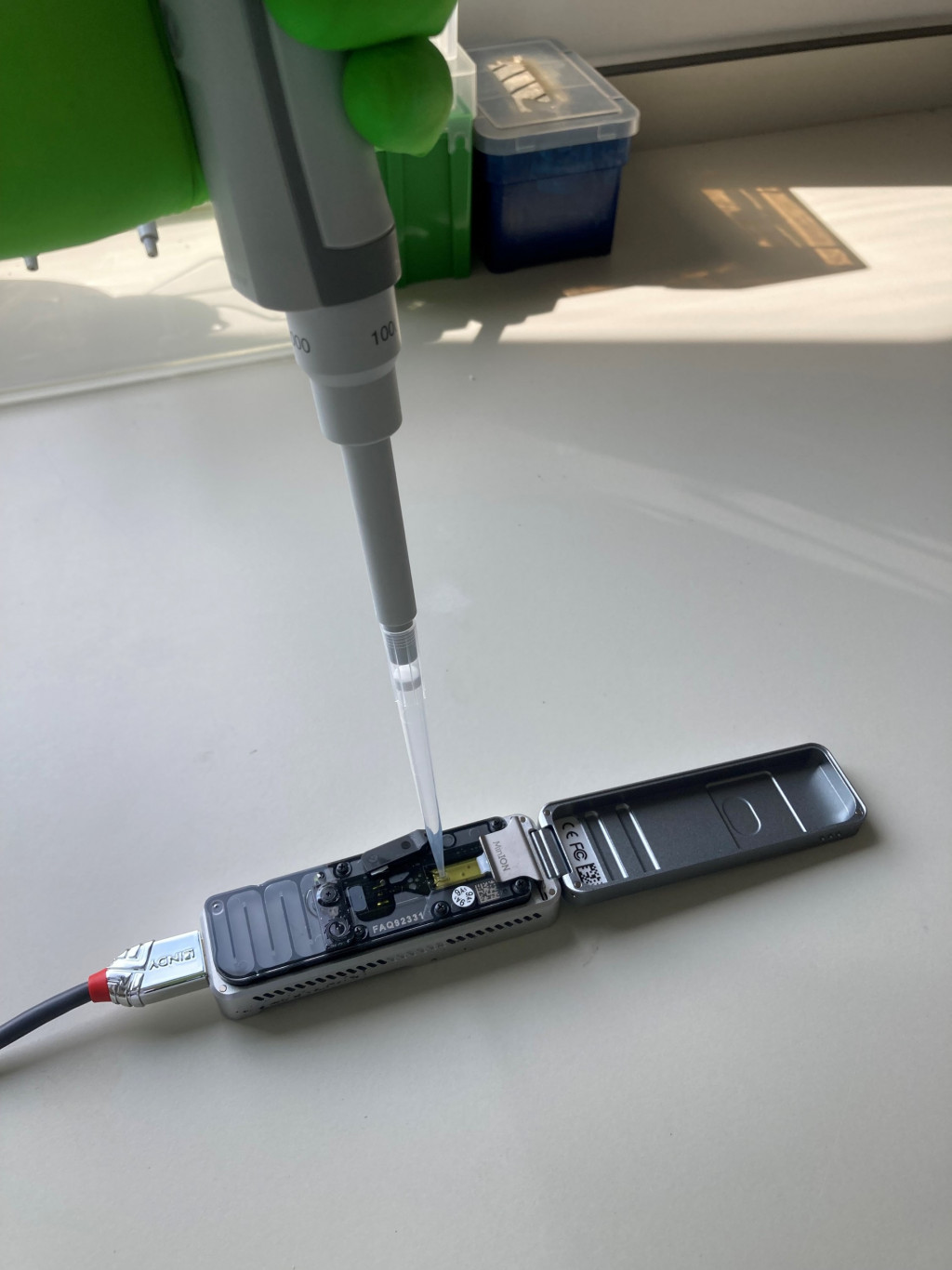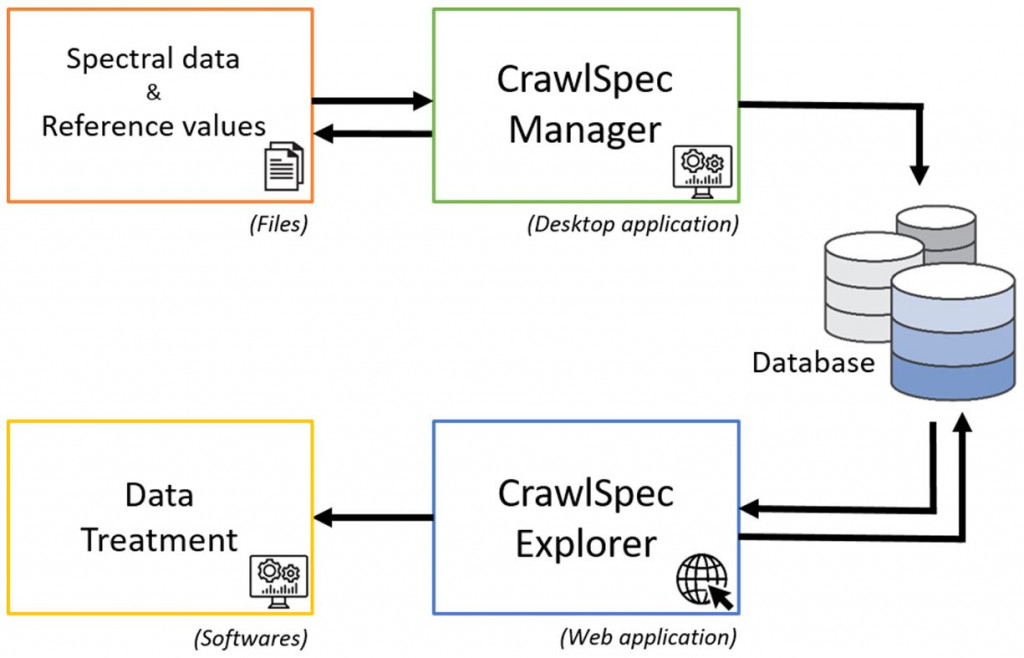The CRA-W is helping to implement two collaborative research projects. The first project concerns ruminant nutrition. To be precise, a method based on the use of stable isotopes of specific compounds is being developed, with the aim of quantifying ingestion and food selection in ruminants. The work of the CRA-W involves the chemical analysis and near-infrared spectroscopy of food and faeces obtained from experiments conducted in different countries. The analytical results are essential for improving ruminant nutrition in partner countries participating in the project (Argentina, Australia, Belgium, Brazil, Chile, China, Ethiopia, Madagascar, Uganda, United Kingdom and United States).
The purpose of the second project is to develop analytical methods that can be applied in the field to check the authenticity, safety and quality of food. More specifically, the CRA-W is responsible for the implementation of portable spectrometers for defining and detecting contaminants and uncovering fraud. The project includes the implementation of protocols for the analysis of oils, fats and milk powders. In addition to this, a training course in vibrational spectroscopy and chemometrics was organised in July 2019 for various project partners (Austria, Belgium, China, India, Malaysia, Morocco, Russian Federation, Sri Lanka, Uganda and Sweden).
The skills that the CRA-W are bringing to the development of analytical solutions in vibrational spectroscopy are therefore being promoted as a means of improving the use of agricultural and agri-food productions throughout the world.






